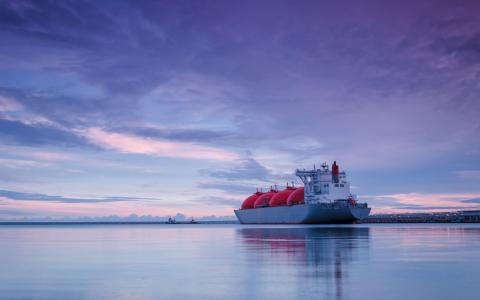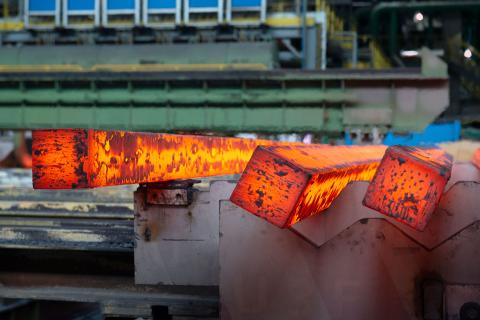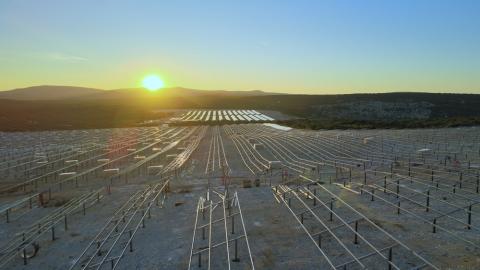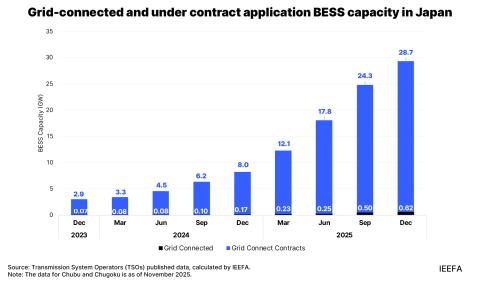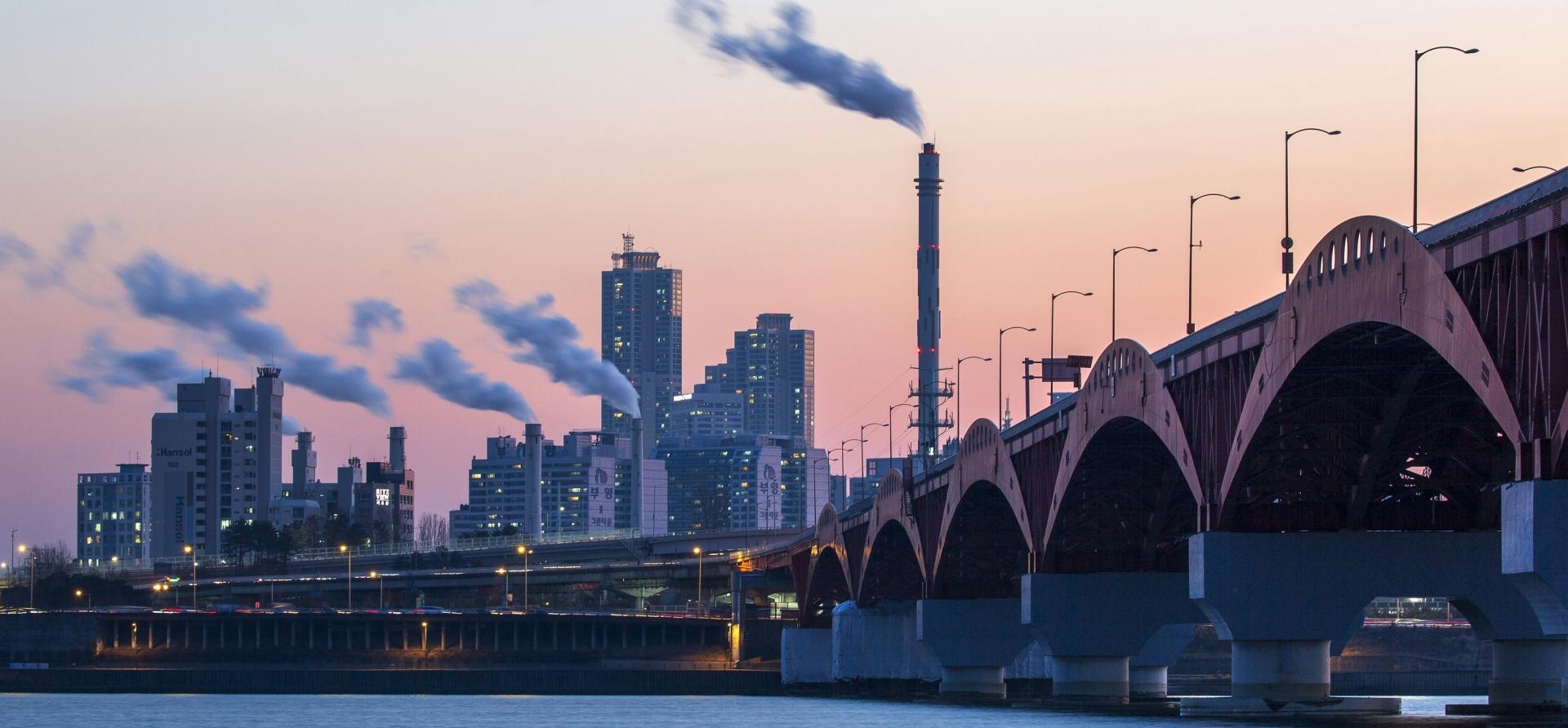
Key Findings
A series of short-sighted missteps by the management and board of Korea Electric Power Corporation (KEPCO) have weighed on its profitability and business viability. This also indicates that KEPCO has become overconfident of government bailout.
KEPCO’s inability to service its debt fundamentally warrants it not bankable. In addition, its negligible renewable generation assets and questionable future generation mix suggest that its green bond issuances were merely tokenism, putting its green bondholders at risk of greenwashing.
IEEFA's findings expose KEPCO’s lack of credible track record to see it through a clean energy transition. Its ability to finance its decarbonization remains uncertain.
Overexposure to fossil fuels and financial challenges are warning signs for debt investors
The global power sector’s decarbonization and transition to net zero emissions are determined by two factors: credible, strategic and disciplined decisions; and funding to support the plans.
However, these attributes have proven difficult for South Korean state-owned electricity provider Korea Electric Power Corporation (KEPCO).
In 2020, IEEFA reported on KEPCO’s unstable returns and risky overseas coal investments, which was at odds with market trends and climate warnings against new fossil fuel projects.
Two years later, following its US$6 billion record-high operating loss in Q1 2022, KEPCO declared it was selling fossil fuel-fired power plants outside the country.
Divesting these assets is the right move. However, given the challenges with fossil fuels, who will still buy these plants and at what price?
This report analyses how KEPCO got into this situation and raises questions about the potential risk to its debt investors and the uncertainty of its transition plans.



